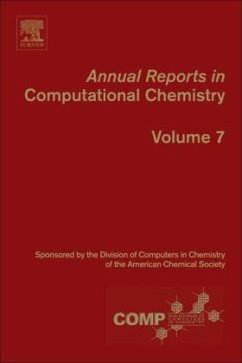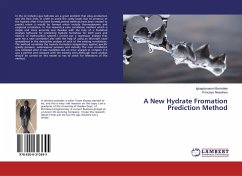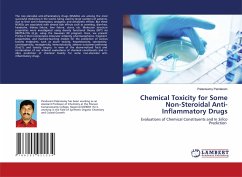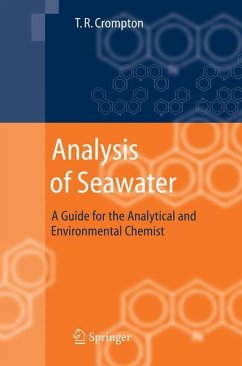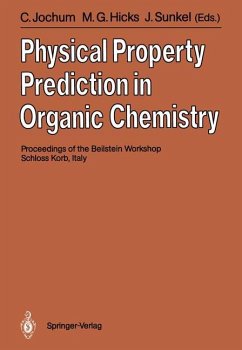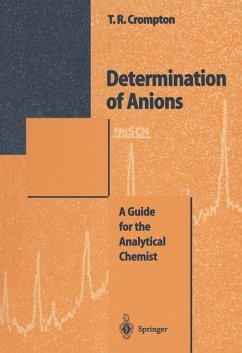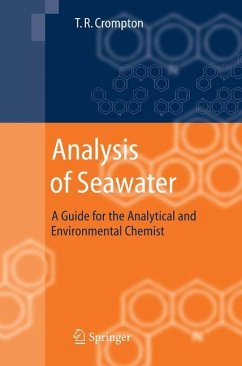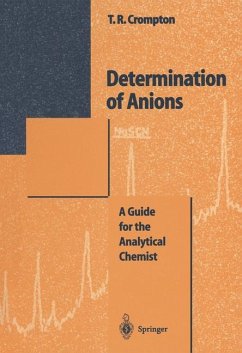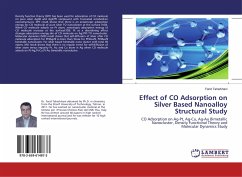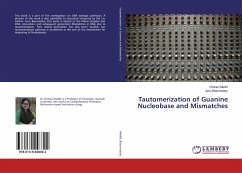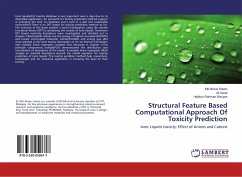
Structural Feature Based Computational Approach Of Toxicity Prediction
Ionic Liquids toxicity: Effect of Anions and Cations
Versandkostenfrei!
Versandfertig in 6-10 Tagen
24,99 €
inkl. MwSt.

PAYBACK Punkte
12 °P sammeln!
Ionic liquids(IL's) toxicity database is very important now a days due to its diversified application. An economic IL's toxicity prediction method support in enlarging the toxic IL's database and a tool of a safe and sustainable environment.There is no DFT based IL's toxicity prediction method so far. The contents of the book present a novel investigation using the density functional theory (DFT) in predicting the toxicity of ionic liquids. Seventeen DFT based reactivity descriptors were investigated and detailed out in chapter 2.Electrophilic indices ( ),the energy of highest occupied (EHOMO)...
Ionic liquids(IL's) toxicity database is very important now a days due to its diversified application. An economic IL's toxicity prediction method support in enlarging the toxic IL's database and a tool of a safe and sustainable environment.There is no DFT based IL's toxicity prediction method so far. The contents of the book present a novel investigation using the density functional theory (DFT) in predicting the toxicity of ionic liquids. Seventeen DFT based reactivity descriptors were investigated and detailed out in chapter 2.Electrophilic indices ( ),the energy of highest occupied (EHOMO) and lowest unoccupied molecular orbital,(ELUMO) and energy gap ( E) were selected as the best toxicity descriptors of IL's via Pearson correlation and multiple linear regression analyses that discussed in chapter 4.The principle components analysis(PCA) demonstrated the distribution and interrelation of descriptors of the model. A multiple linear regression (MLR) analysis on selected descriptors derived the model equation for toxicity prediction of ionic liquids. The toxicity perdition method help researchers, toxicologist and for industrial application in knowing the level of their toxicity.



